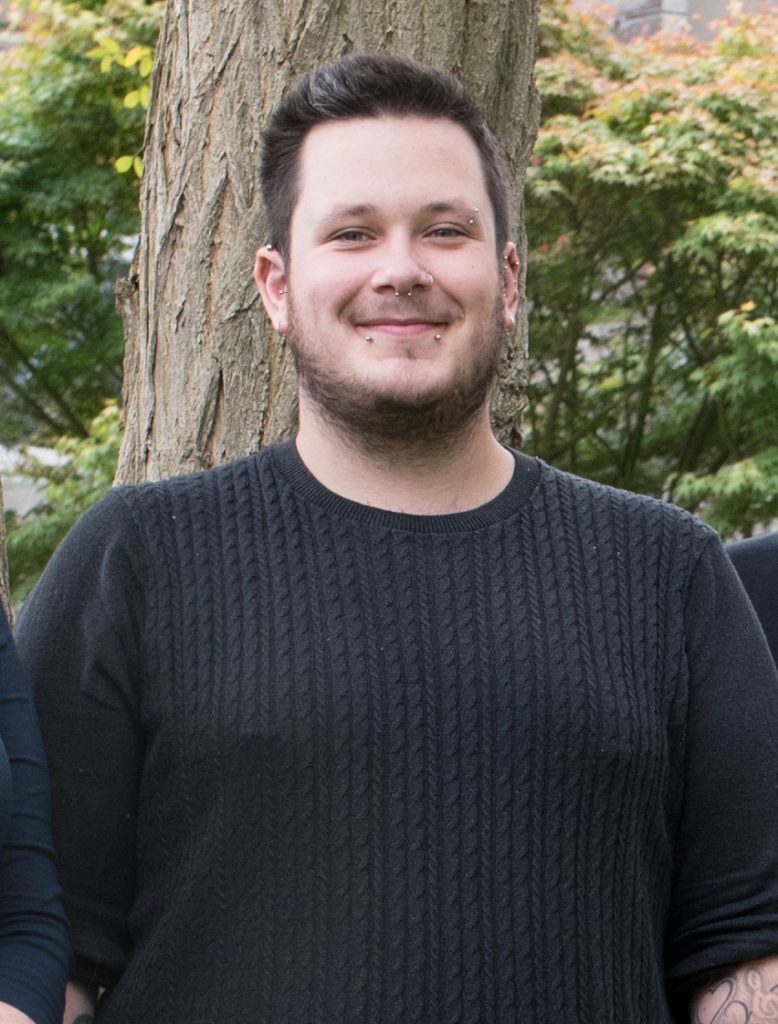So I’ve been thrown head-first into my LLM during the first few weeks, and safe to say, I’m loving it — especially the critical approach! I’m most likely going to be gaining a dual specialism in Medical Law and Ethics and Human Rights, and this term I have elected to take LW863 Consent to Treatment, LW921 Privacy and Data Protection Law and LW932 EU Citizenship and Residence Rights.
Within Consent to Treatment, we have already began to question who’s able to consent, and whether the laws surrounding consent and capacity to consent actually achieve what they supposedly set out to. A key interest of mine so far has been (benevolent) paternalism which involves medical professionals sometimes overriding patients’ decisions to pursue a treatment the professional would prefer (the law states that if someone has the capacity to consent, they can refuse any treatment even if for irrational reasons). This has been seen in many cases, particularly involving pregnant women who are forced to have a Caesarean section because ‘natural’ births would be too dangerous for them and the foetus.
Privacy and Data Protection Law is more interesting than I first thought. We have been critically engaging with the concept of privacy (what is it? Does everyone have it? Can it realistically be codified or is it too subjective? Should celebrities expect to have less privacy?) as well as analysing cases in which privacy has supposedly been breached, studying what a ‘reasonable expectation of privacy’ is, and the like. We will soon be engaging with whether there is the ‘right to be forgotten’; to what extent counter-terrorism authorities can conduct mass surveillance over social media (potentially breaching, or not, someone’s privacy); and, rather interestingly, whether the Internet of Things (eg Amazon’s Echo and Alexa) has changed the concept of what we consent to. These will inevitably include reference to the European Convention on Human Rights (ECHR), particularly Article 8 (the right to a private/family life).
Finally, European Union Citizenship and Residence Rights is particularly rewarding as we are able to work on a ‘real life’ case, and apply what we have learned to court and law in practice. We will soon be meeting with our clients who will make us aware of the relevant facts, and we will then formulate a defence for them. To date, we have been critically analysing the concept of ‘citizenship’ and whether it has changed since the EU’s inception, as well as what ‘citizenship’ entails, such as residence and benefit entitlements (and the impact on their family members).
Next term, I will be taking LW843 International Human Rights Law; LW846 International Criminal Law; and LW867 Reproduction and the Beginnings of Life (surrogacy and abortion are particular interests of mine).
Having studied at Kent for my undergraduate Law degree, I am delighted to see that the critical lens has intensified (if that’s possible!) and can’t wait to continue with my studies!
Liam Davis, Kent LLM student/LLM Ambassador

